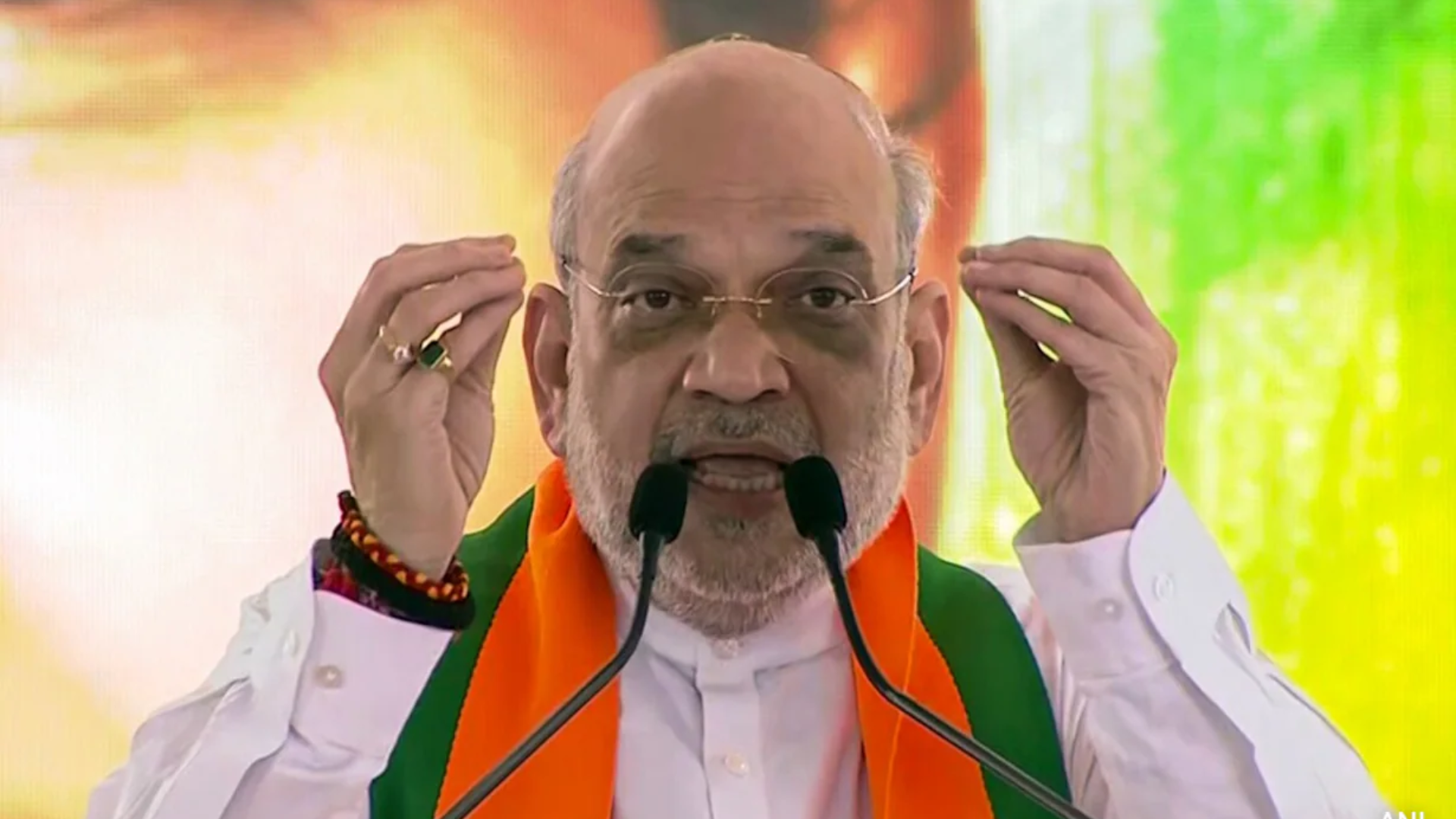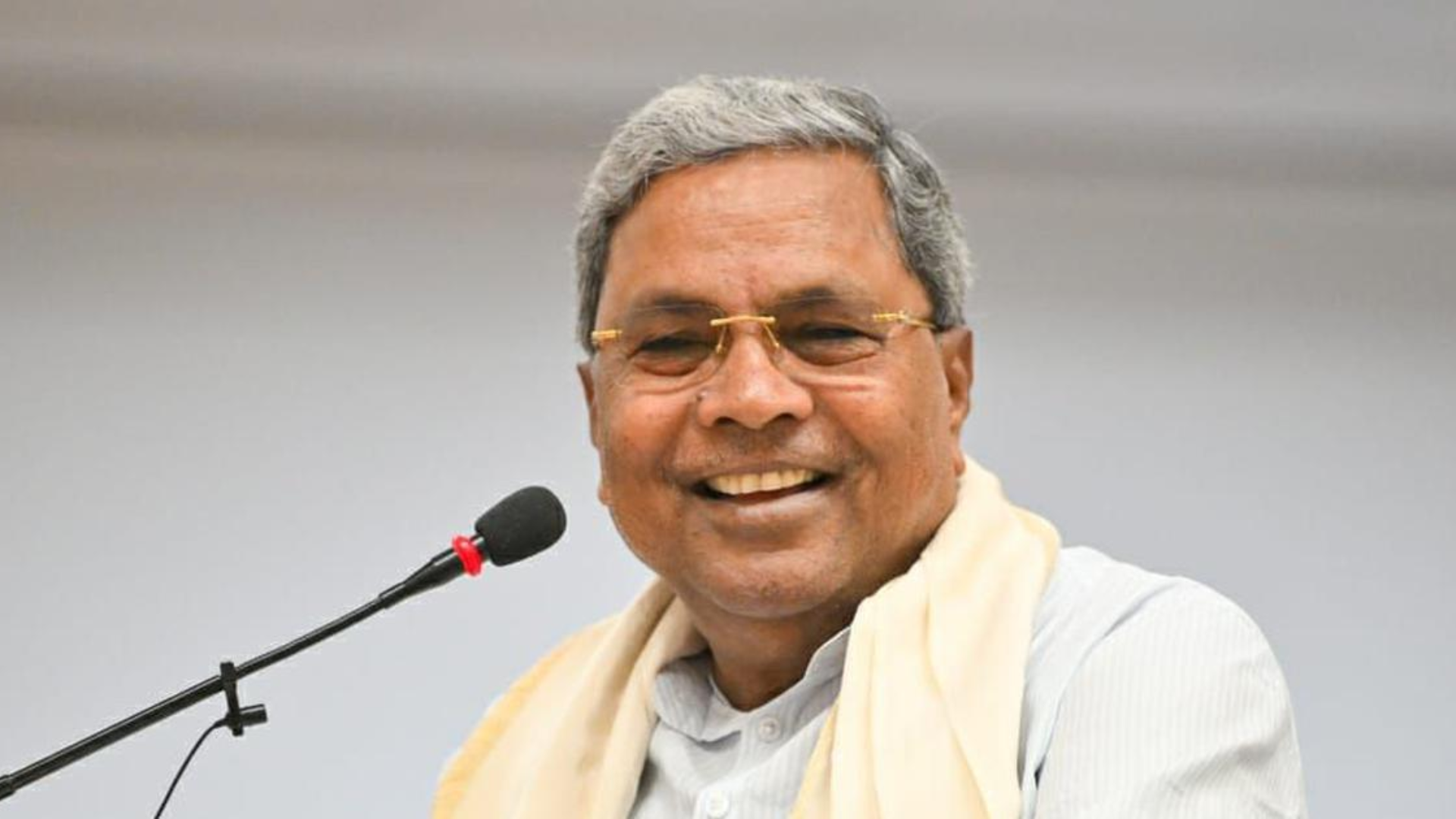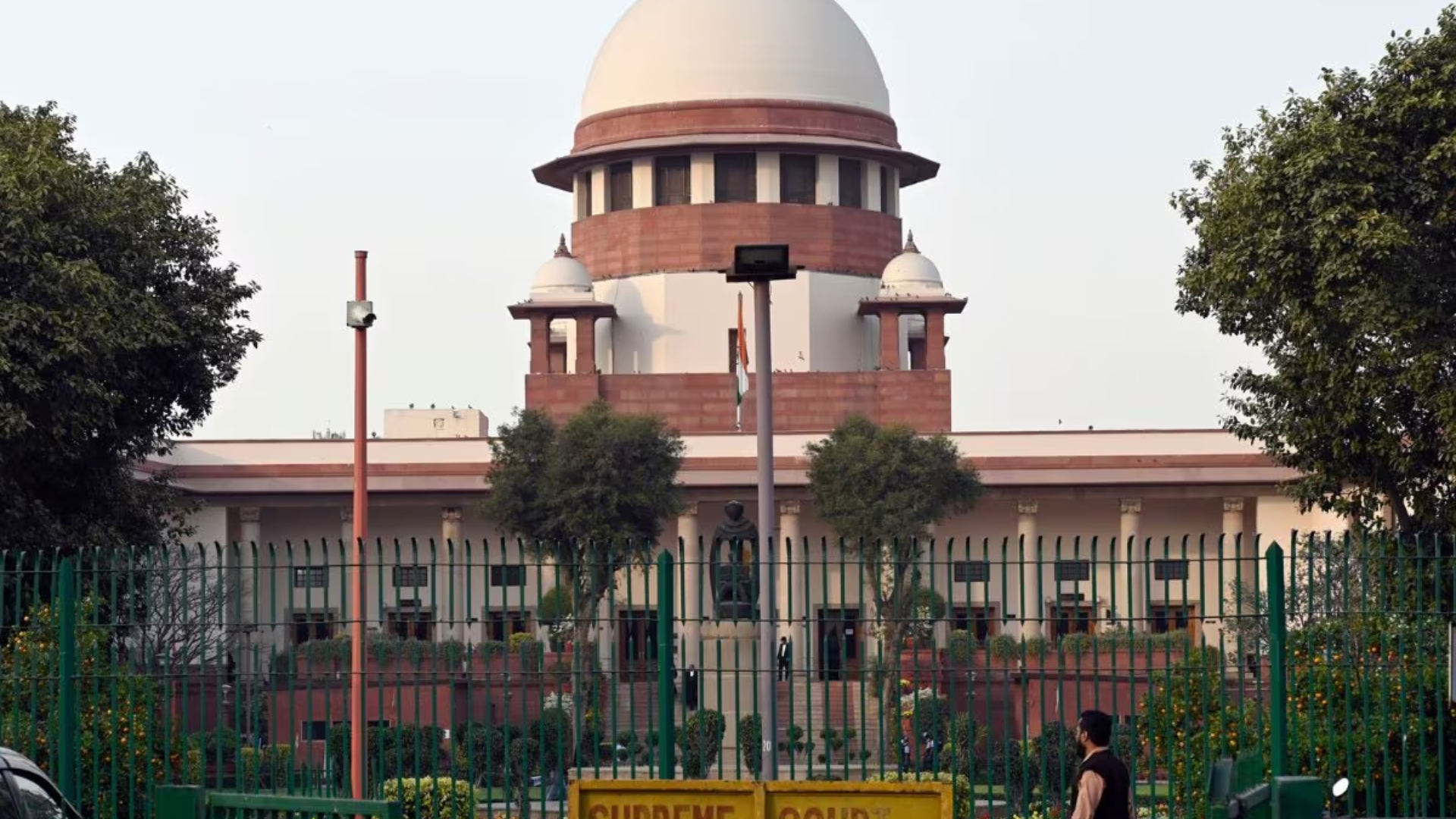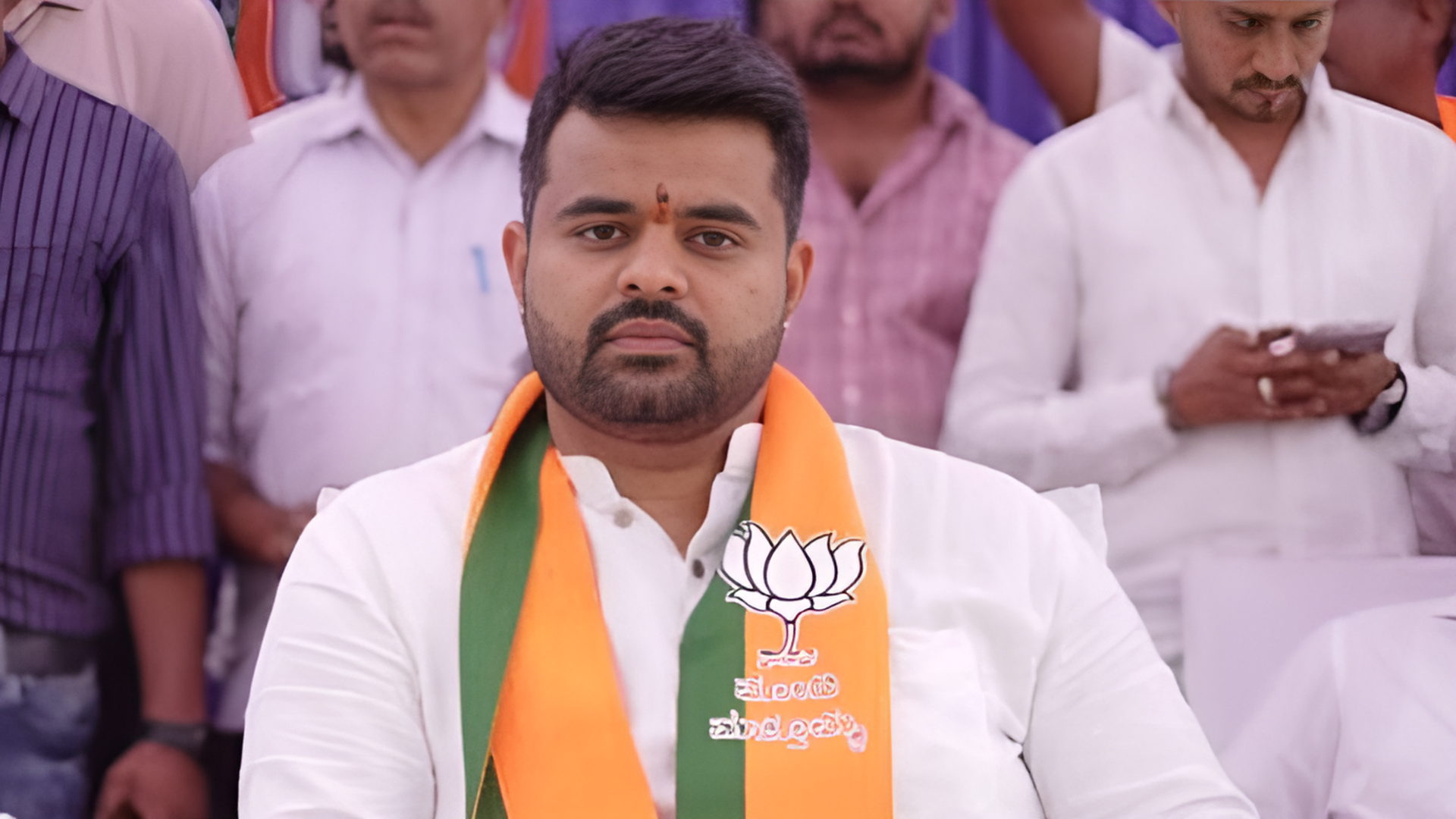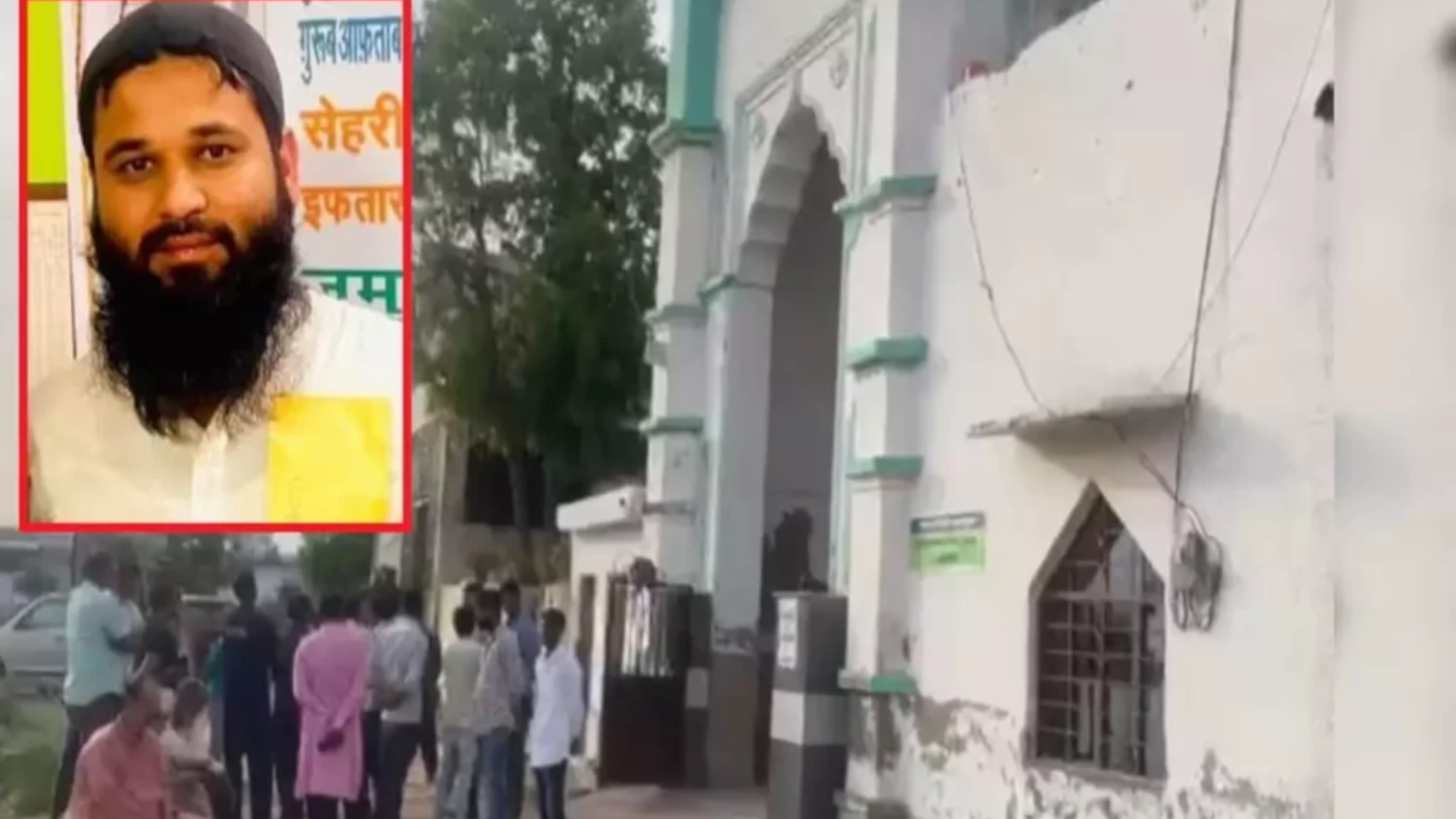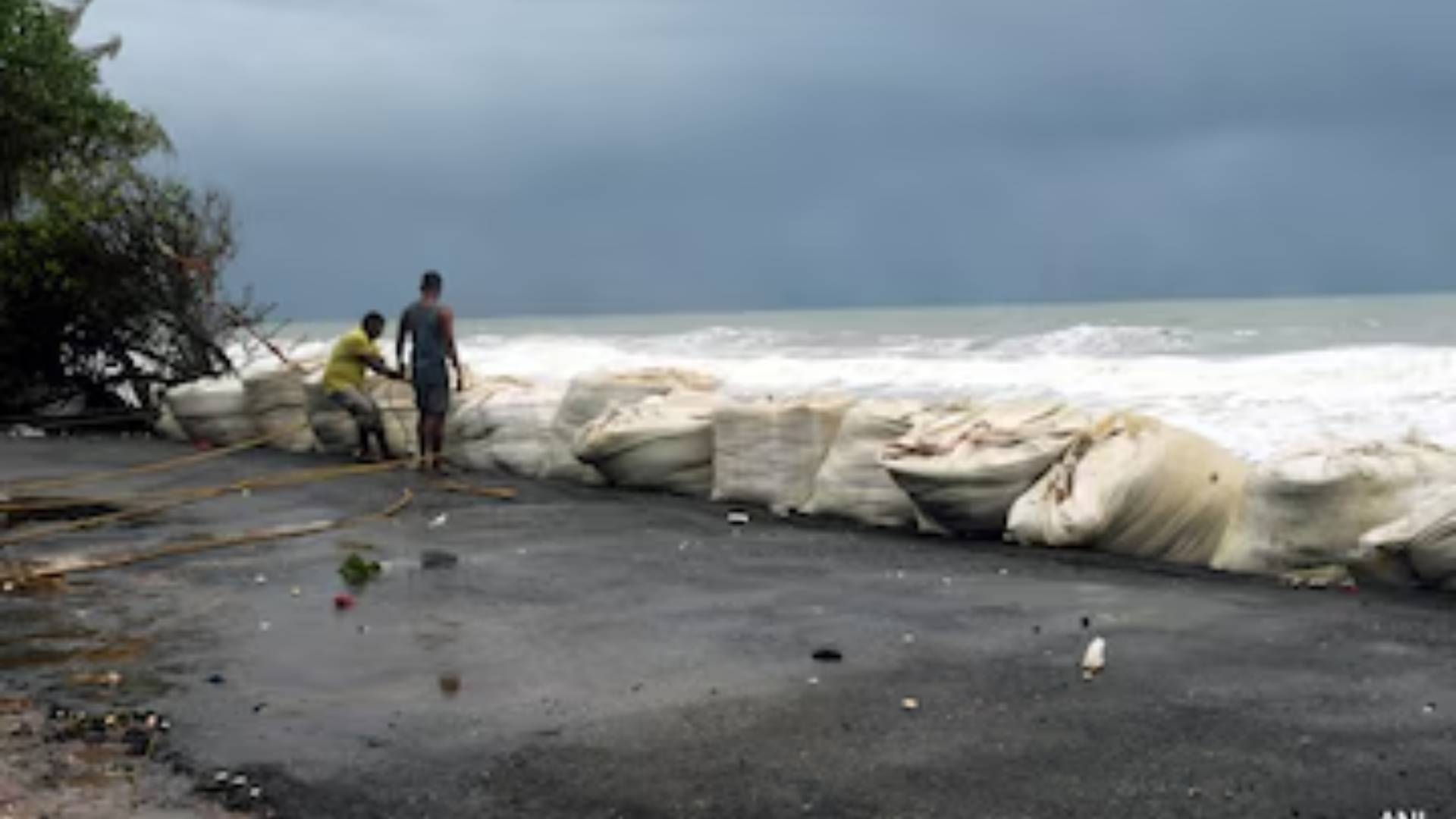



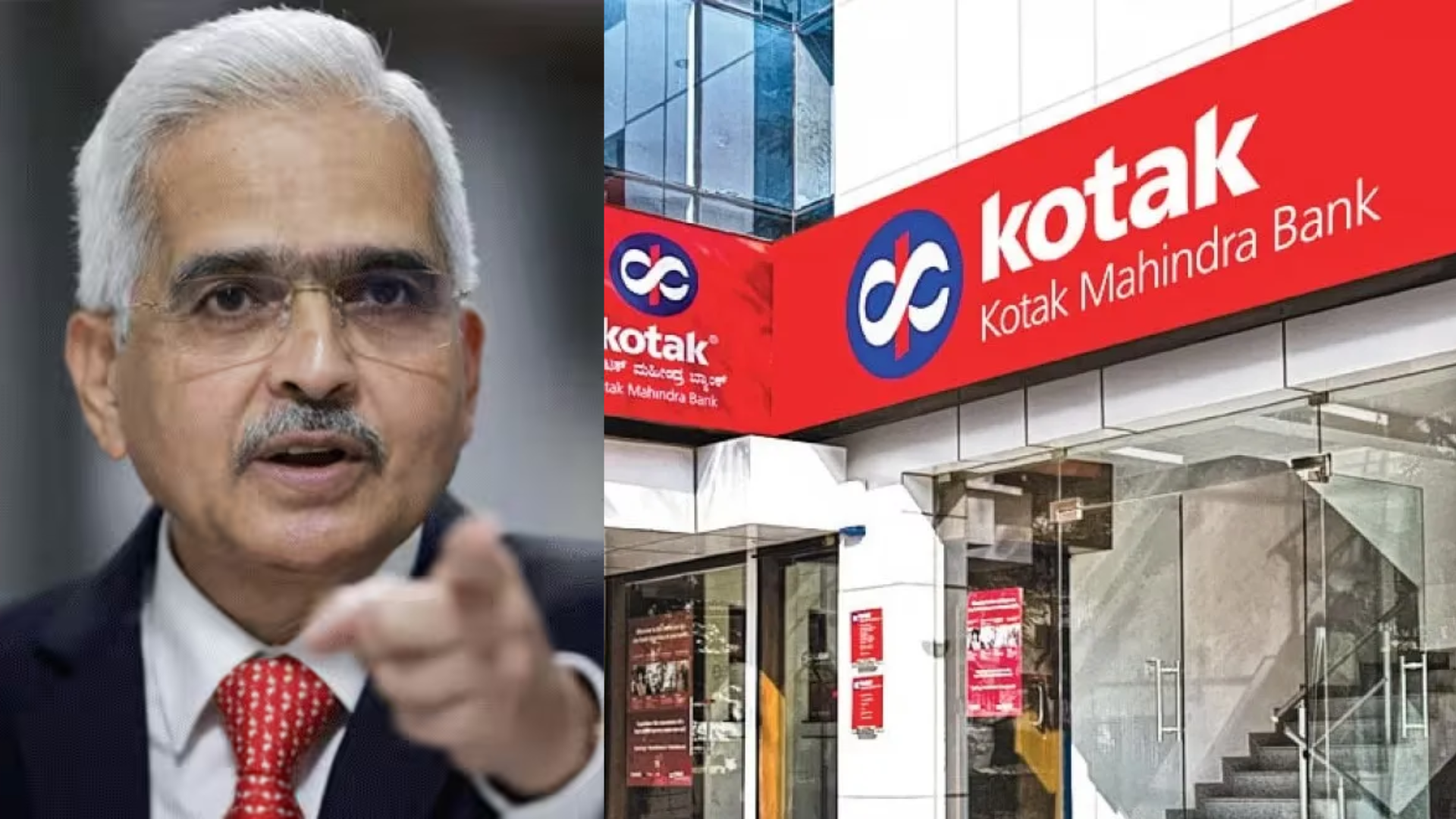
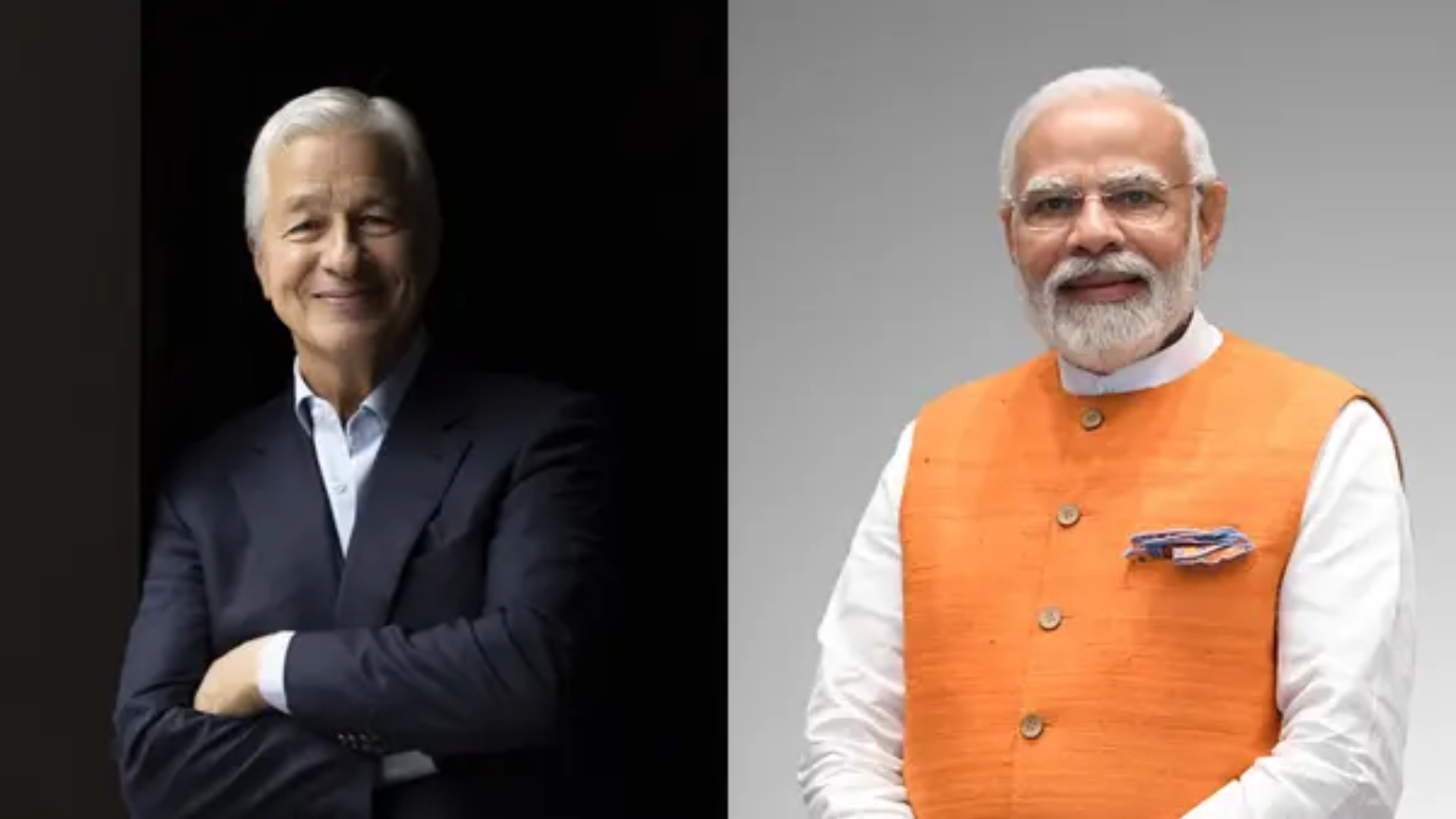
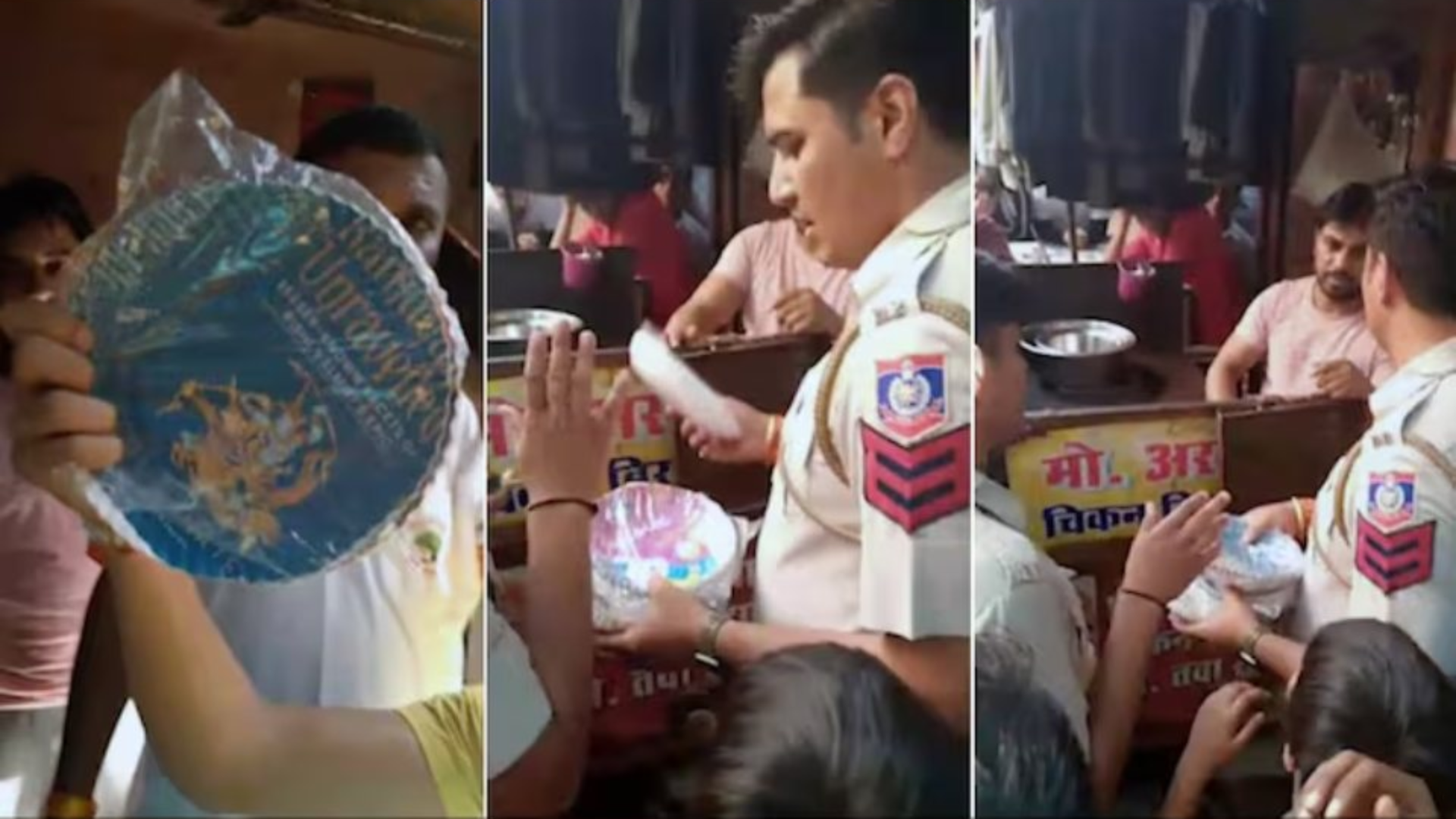
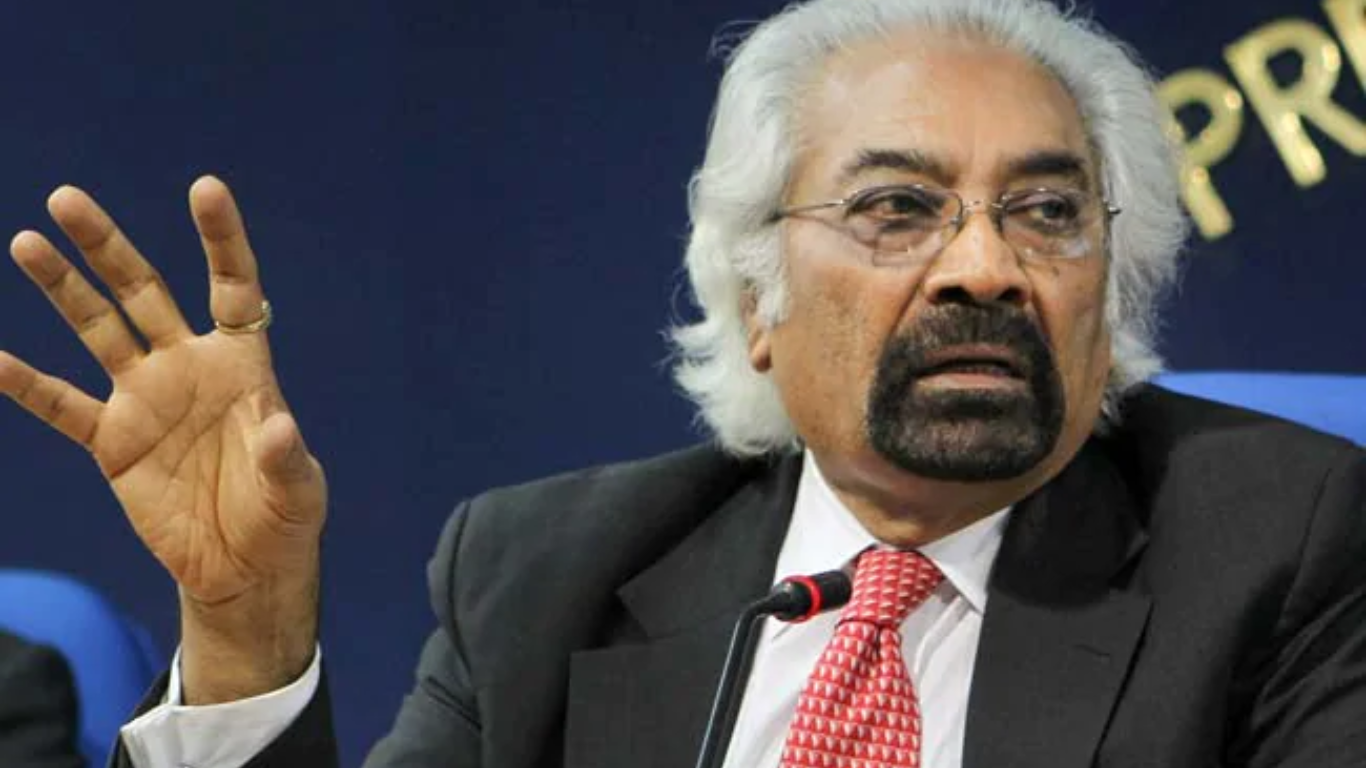



The Supreme Court postponed the hearing on Bharat Rashtra Samithi (BRS) leader K Kavitha’s appeal against an ED summons on Wednesday. This will allow her to remain free from arrest until the next scheduled hearing date of March 13.
Bela M. Trivedi and Pankaj Mithal, a bench of justices, postponed the hearing until March 13.
The top court had previously received assurances from ED that they would not support Kavitha’s appearance before it until the following hearing date.
Kavitha was pleading with the court to set aside the ED summons. The ED is questioning Kavitha in relation to a money laundering case involving irregularities in the Delhi excise policy.
The leader of Bharat Rashtra Samithi (BRS), K Kavitha, is the daughter of former Telangana Chief Minister K Chandrasekhar Rao. In her plea, she contested the ED’s summons against her, arguing that according to protocol, a woman should be questioned at her home rather than before the ED while it is in office.
Her attorney had previously argued that the Court is seized of and has issued notice in similar petitions of Abhishek Banerjee and Nalini Chidambaram. ED had stated that Section 160 CrPC will not apply in PMLA cases by the Supreme Court’s ruling in the Vijay Madanlal Choudhary matter. The lawyer further contended that whether she needs to be questioned at home or in Delhi
Kavitha has petitioned the top court to overturn the ED summonses dated March 7 and 11, arguing that doing so would violate the Proviso to Section 160 of the Cr.P.C. and be against established criminal jurisprudence. She has represented herself that asking her to appear before the agency office rather than her residence is wholly unsustainable.
She has also requested, among other things, that all ED procedures—including those involving the recording of statements—be audio or videotaped while her attorney is present and at a visible distance. This has been accomplished, among other things, by installing the necessary CCTV cameras.
Additionally, she has attempted to declare the seizure authorized by an impounding order dated March 11, 2023, void and to set it aside.
According to her petition, “Despite the petitioner, Kavitha not being named in the FIR, certain members of the incumbent ruling political party at the Center made scandalous statements linking the Petitioner to the Delhi Excise Policy and the said FIR.”
“Regretfully, the political plot against K Kavitha, the petitioner, did not result in judicial intervention through the lawsuit. On November 30, 2022, the Enforcement Directorate submitted a remand request to the relevant court regarding one of the accused. The petitioner’s personal contact information was included in this remand application. The petitioner’s personal contact information was not relevant or necessary to include in a remand request that didn’t even involve the petitioner.
K Kavitha went on to say that the public and media were breached of the aforementioned remand application, which contained the petitioner’s contact information.
“Many people shared the remand application on social media. Such an act is petty, unlawful, and a regrettable reflection of the Enforcement Directorate’s malign activity in alignment with the ruling political party at the Center, stated Kavitha.
The investigation agency categorically stated that “there is no provision under the PMLA for the recording of statements at any persons’ residence,” and Kavitha claimed that the ED had also rejected her request to be examined at home.


